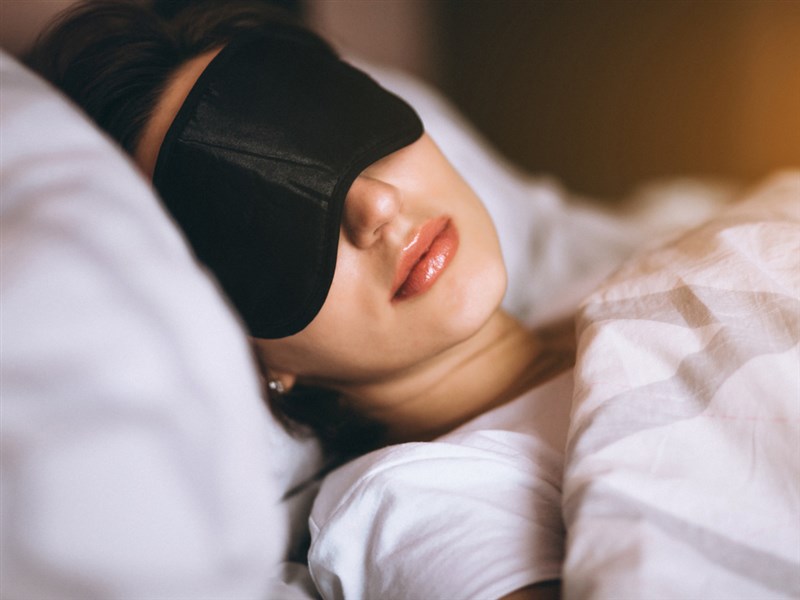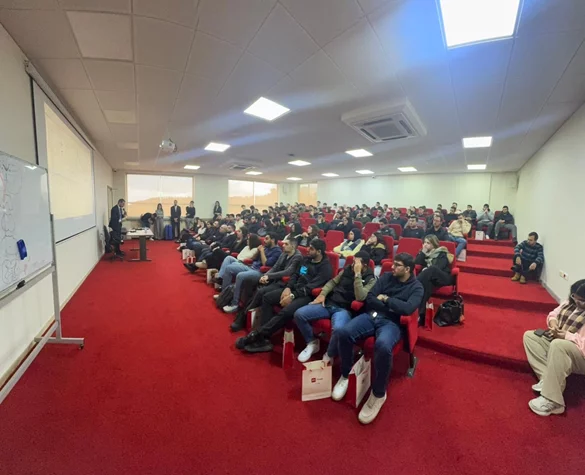How sleep affects us
Better sleeping is known to provide lots of health benefits. These can include better heart function, hormonal maintenance and cell repair as well as boosting memory and improving cognitive function. Basically, sleeping gives your body a chance to deal with everything that happened during the day, repair itself and reset for tomorrow.
Sleep deprivation, therefore, actually harms us in several ways. One of the most obvious harms is that we have trouble focusing when we’re sleep deprived.
The benefits of napping
Studies of napping have shown improvement in cognitive function, creative thinking and memory performance. As I talked about in my post about the body clock and your body’s best time for everything, we’re naturally designed to have two sleeps per day
Naps can even have a physical benefit. In one study of 23,681 Greek men over six years, the participants who napped three times per week had a 37% lower risk of dying from heart disease. Not to mention a host of other positive outcomes that might occur from regular napping
Memory
Naps have been shown to benefit the learning process, helping us take in and retain information better. In one study, participants memorized illustrated cards to test their memory strength. After memorizing a set of cards, they had a 40-minute break wherein one group napped, and the other stayed awake. After the break both groups were tested on their memory of the cards, and the group who had napped performed better
Learning
Taking a nap also helps to clear information out of your brain’s temporary storage areas, getting it ready for new information to be absorbed. A study from the University of California asked participants to complete a challenging task around midday, which required them to take in a lot of new information. At around 2p.m., half of the volunteers took a nap while the rest stayed awake.
The really interesting part of this study is not only that at 6p.m. that night the napping group performed better than those who didn’t take a nap. In fact, the napping group actually performed better than they had earlier in the morning.
What’s happening in your brain during a nap
Some recent research has found that the right side of the brain is far more active during a nap than the left side, which stays fairly quiet while we’re asleep. Despite the fact that 95% of the population is right-handed, with the left side of their brains being the most dominant, the right side is consistently the more active hemisphere during sleep.


















.webp)






